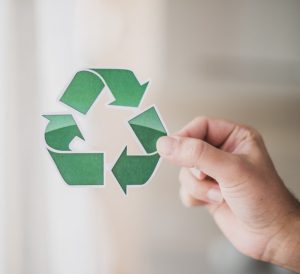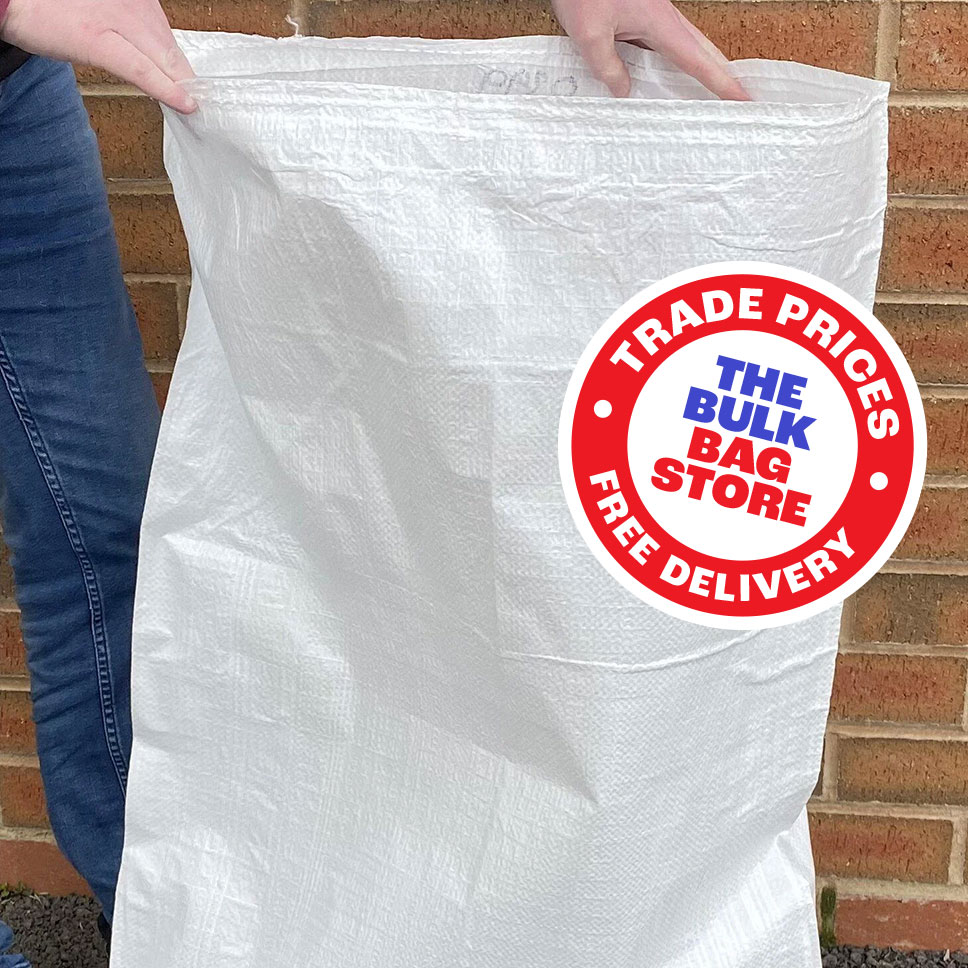Could food waste be made into sustainable industrial packaging?
Thanks to as much as £60 million of government funding, the UK seems set to lead innovation in sustainable packaging. In order to reduce the environmental impact of waste plastics, the new Industrial Strategy aims to move towards a greener future and its Challenge Fund includes the development of new types of packaging. This could be made from industrial, farming and even food waste, meaning that our reliance on oil-based plastics could be considerably reduced.
Industrial packaging includes products such as FIBC bags; bulk bags that are used for the storage and transport of dry products such as plastic granules, sand and other materials that flow, but this initiative is also aimed at consumer products such as disposable cups.
Other aims are to introduce smart packaging labels helping consumers to recycle correctly and plans to reduce food waste by introducing live sell by date patches that would deteriorate along with the produce to indicate to consumers when food is deteriorating. Single-use plastics are also to be replaced by using recycled plastic where possible in new products.
Household scraps could be made into environmentally friendly products such as cups and plastic bags. In order to access the funding to aid the development of this smart sustainable packaging, businesses will work in partnership with the government and will also invest funds in the process.
According to Claire Perry, Energy and Clean Growth Minister, the position of the UK as a global leader in addressing climate change and improving the environment will be enhanced by funding from the Industrial Strategy.
Estimates suggest that currently over 150 million tonnes of waste plastic is contaminating the oceans of the world and that each year there are more than 100,000 sea mammals and one million birds killed through eating or becoming tangled in waste plastic. The amount of plastic in the oceans is estimated to treble by 2025, according to a recent report.
In the last three years, the UK has invested £140 million in sustainable plastics and is renowned for research into plastic waste solutions and bioscience.
The government in the UK has led the world in banning microbeads and introducing a 5p charge for single-use plastic carrier bags which has resulted in an 86% reduction in their distribution by our major supermarkets.
A plan launched earlier in the year aims to ban plastic drink stirrers, plastic straws and cotton buds in order to reduce pollution of our seas and rivers and to increase recycling through the introduction of a deposit-return scheme for single use drinks containers.
Sales of packaging in the UK last year totalled approximately £11 billion. The new innovation funding from UK Research and Innovation could assist growth in the sector by up to £500 million. The use of packaging has grown alongside changes in consumer behaviour, such as the increase in the popularity of online shopping.
The Smart Sustainable Plastic Packaging Challenge will make up to £60 million available from public funding through the Industrial Strategy Challenge Fund. Interested parties will be subject to business case approval and will need to secure appropriate industrial co-funding.






